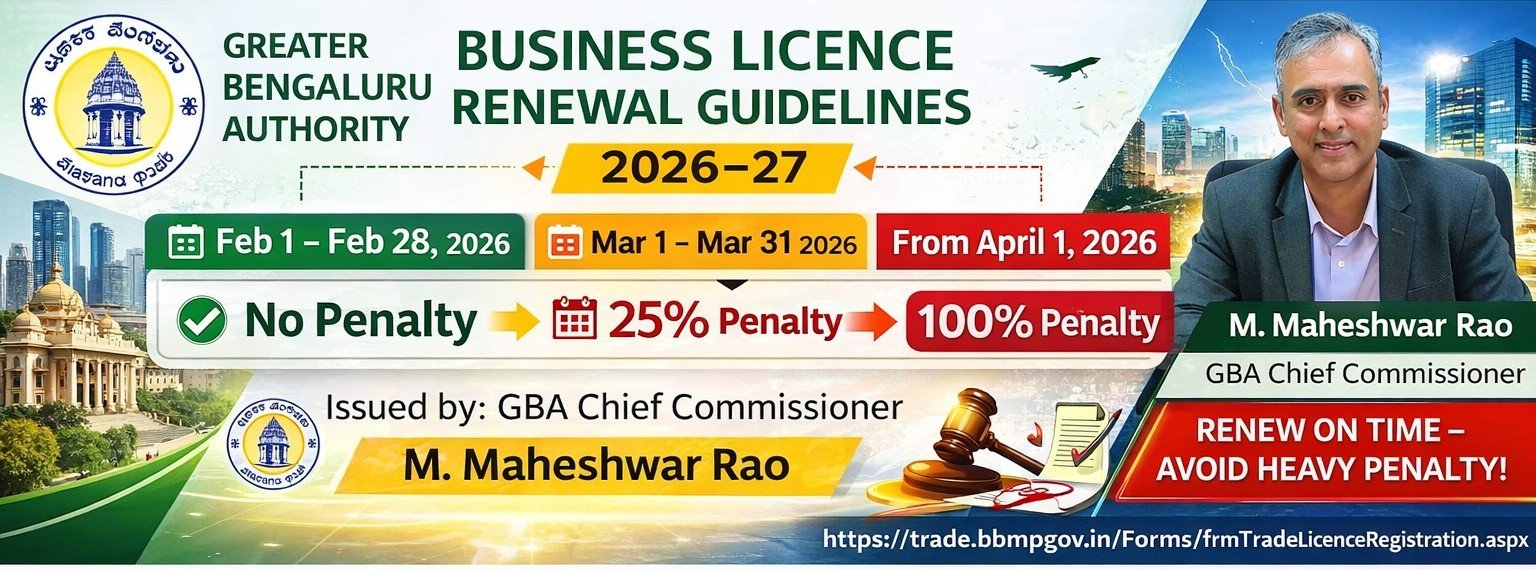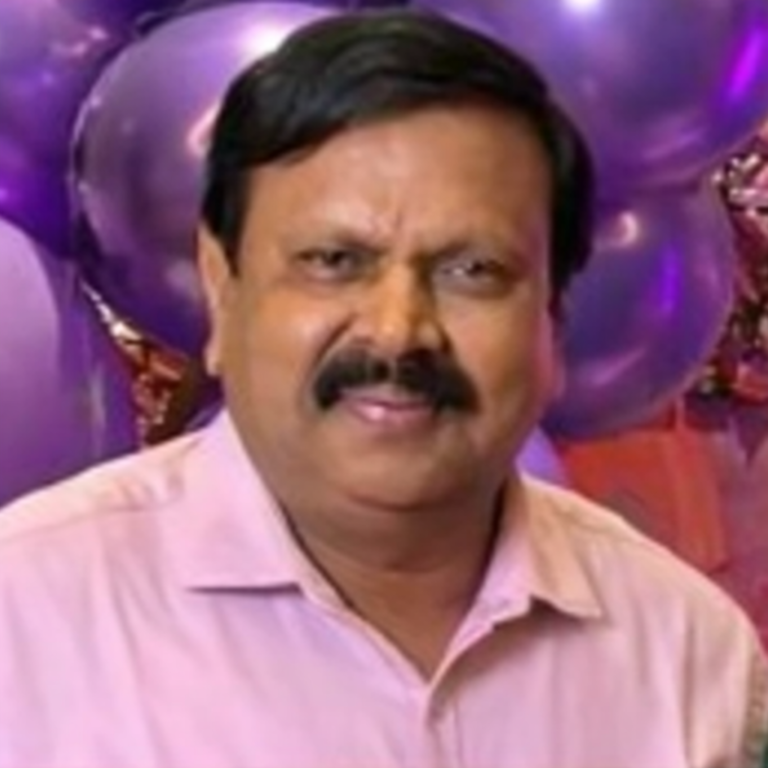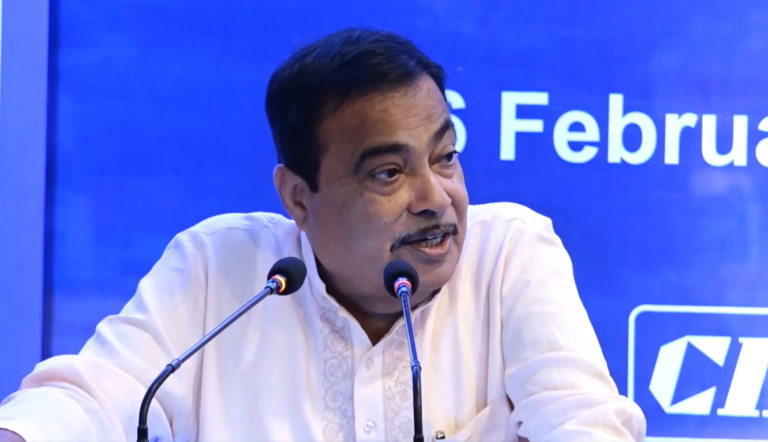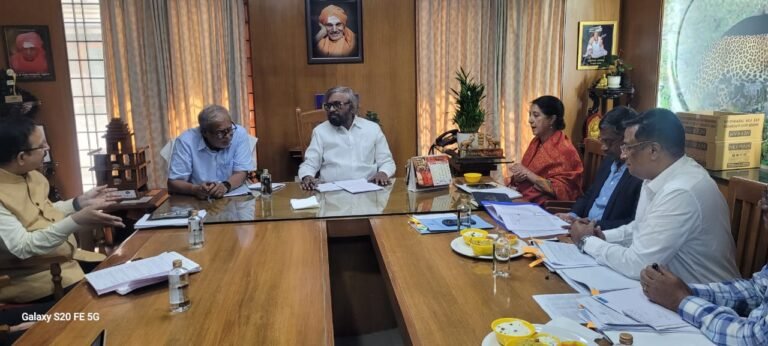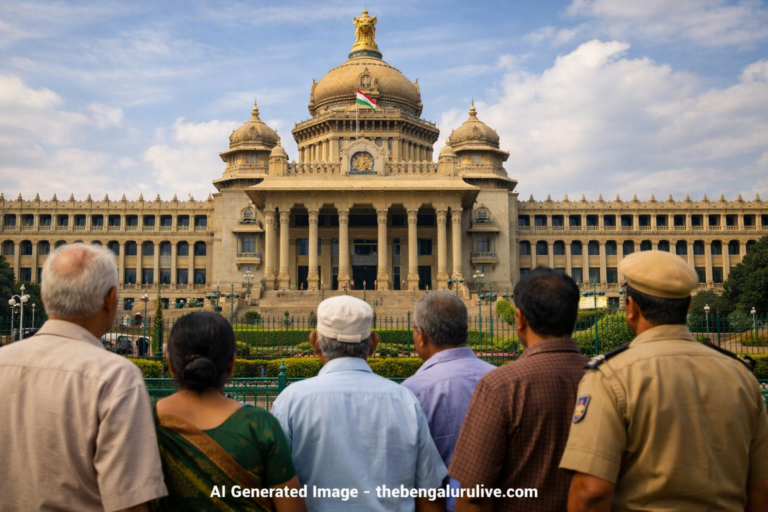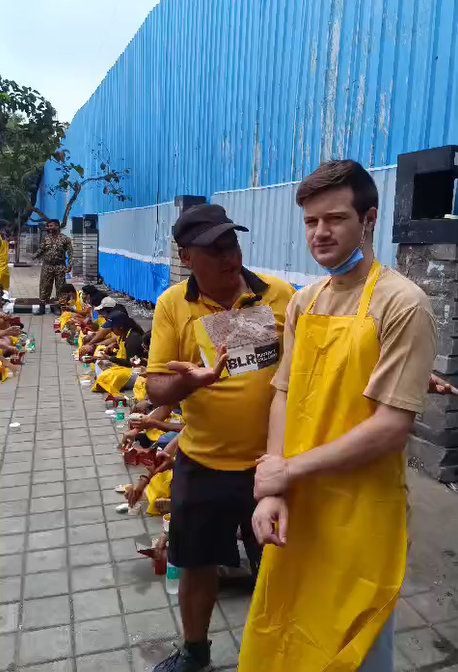
Canadian citizen Caleb Friesen
Bengaluru: Bengaluru is often called India’s Silicon Valley, a city of global startups and cutting-edge innovation. Yet, its civic image is being held hostage by the most basic failures: potholes, broken footpaths, and unsafe roads. Ironically, it took a 29-year-old Canadian citizen, Caleb Friesen, with a camera-fitted goggle and an Instagram account, to force Bengaluru’s civic body into action.
For weeks, Friesen’s reels exposing hazardous sidewalks, dangling wires, and crumbling infrastructure have gone viral, drawing millions of views. Within hours of his posts, officers rushed to inspect and patch roads that citizens have been complaining about for years. The larger question is obvious: why do Bengaluru’s officers respond only to social media shame and not to their own duty?
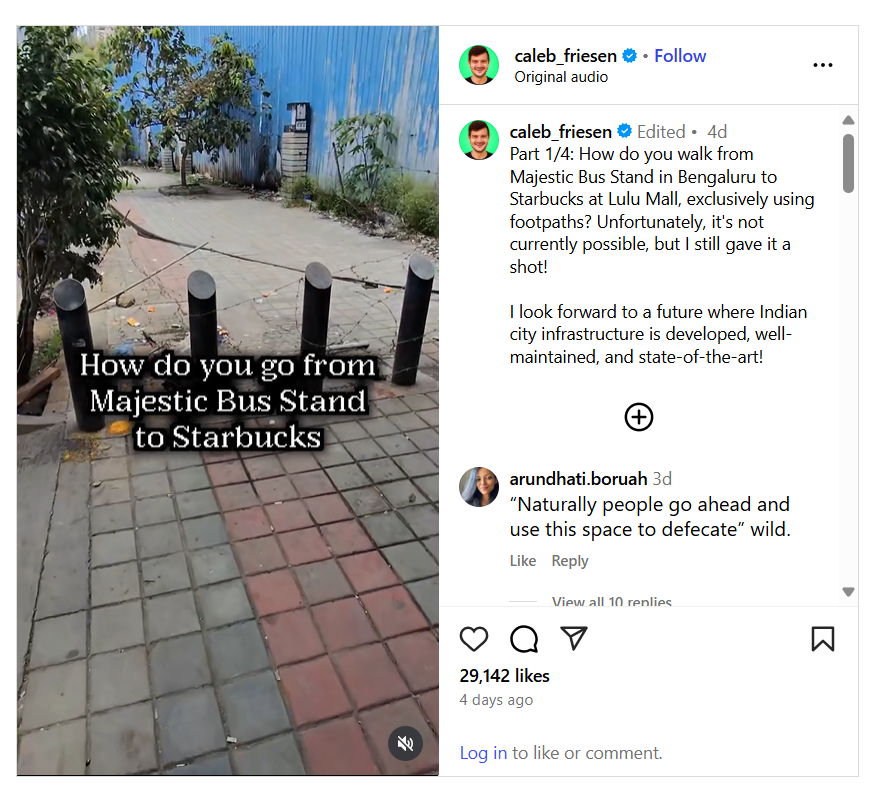
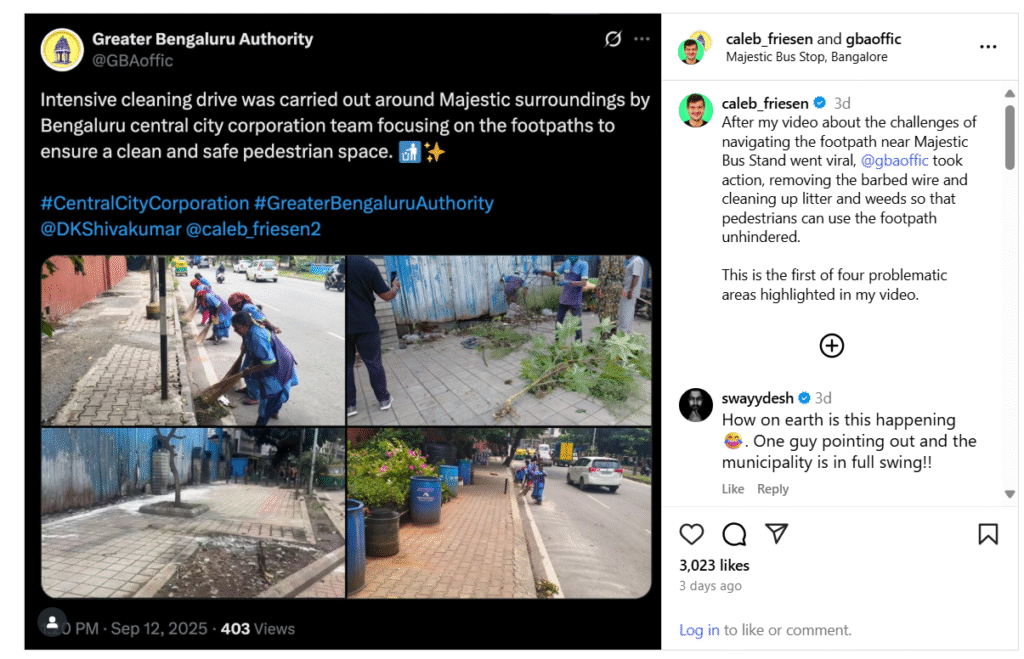
A Wake-Up Call From Abroad
Local journalists, activists, and residents have raised the same issues repeatedly. Civic complaints pile up in dusty files. Yet, no urgency was shown until Friesen’s videos hit Instagram. His calm, respectful storytelling made the content viral, but it also exposed a troubling reality: accountability in Bengaluru’s governance now seems driven by likes and shares, not by law and responsibility.
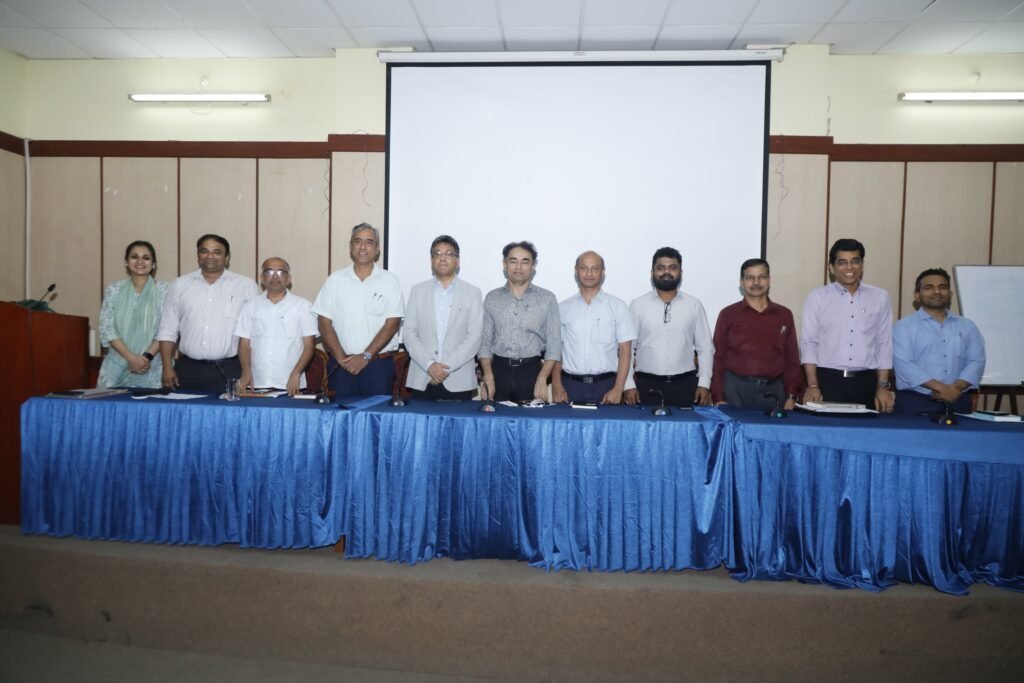
The Role of Deputy CM D.K. Shivakumar
Deputy Chief Minister D.K. Shivakumar, who has positioned himself as Bengaluru’s political guardian, has issued clear instructions: officers must conduct regular inspections and improve the city’s image. Yet the fact that civic officers acted only after a Canadian’s videos went viral puts the spotlight directly on his leadership.
👉 Why did officers not act earlier despite citizen complaints?
👉 Why are viral reels more effective than official orders?
👉 And if inspections were genuinely happening, how could such glaring neglect exist on the city’s main roads and footpaths?
These are questions Shivakumar cannot afford to sidestep.
Friesen’s Intent, Our System’s Irony
Friesen is not just a tourist. Married to an Indian woman and raising his children in Bengaluru, he has lived here for nearly eight years. Known earlier for his startup-focused YouTube channel, he now uses social media to spotlight civic failures. His aim is not to humiliate India, he insists, but to spark constructive change.
Yet the irony cannot be missed: a foreigner had to remind Bengaluru’s officers of their most basic obligations. His videos are commendable, but they simultaneously highlight the indifference of those who are supposed to serve citizens.
The Editorial Question
If Bengaluru truly aspires to be a global city, its civic machinery must function without needing Instagram nudges. Deputy CM Shivakumar has both the authority and the responsibility to ensure this.
Will he hold officers accountable and restore governance by duty — or will Bengaluru continue to wait for the next viral reel to fix its roads?

